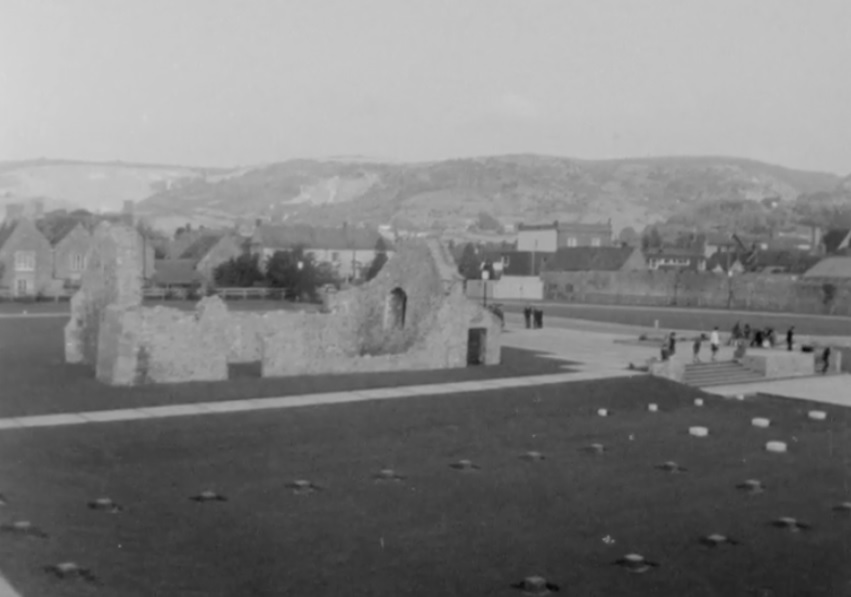July 28, 2024
By Harry Mottram: Following the first part of Dr Laura Carter’s history of the senior school in Cheddar in which learned that girls could be given the cane for calling a teacher an ‘old mother’ we move on as the school rings the changes.
The Kings of Wessex alumna wrote: “Corporal punishment appears to have been used quite sparingly throughout the 1950s, perhaps due to the tastes of the Headteacher, with only one to three incidences recorded per year. Pupils were guilty of disobedience, disorderly behaviour, truancy, mischief in classrooms, and fighting. The culprits were mostly male but some girls were also caned, for example for disrespecting a teacher by calling her ‘old mother’.
“The curriculum and organisation were experimental in the 1950s as the school found its feet; different age, gender, and ‘aptitude’ groupings were tried out. In 1950 the HMI noted that the curriculum emphasised ‘practical subjects’ (housecraft, needlework, gardening, metalwork, woodwork). English, history, geography, and social studies were of secondary importance. Girls and boys were taught separately, even for subjects like English, as a matter of practical convenience. In the late 1940s grammar school transfers could occur relatively informally; parents could request that their children take the LEA test to be considered for grammar school admission at 13+. In 1950, most male leavers went into agriculture or building work, whilst girls went into domestic service, manufacturing, and ‘other employment’. In 1948–50 three girls went into further full-time education. Transfers into further agricultural education courses or to the Technical College at Weston-Super-Mare were encouraged and celebrated.
“By the start of the 1957–58 school year, Cheddar Secondary School had 246 pupils on its rolls with an intake of 59 pupils from local primary schools, which constituted the Lower School. The rest of the school was organised into six groups. Headteacher Ivor Williams deemed this organisation temporary and unsatisfactory, pending the recruitment of more staff and better classroom accommodation. The curriculum was organised into four areas: academic, practical, physical, and cultural. Williams was still vague and gloomy about the state of academic work at the school in 1958: ‘fundamentals are not as strong as they should be’ in English and basic arithmetic, and he hoped for Science work to incorporate the school garden more instead of emphasizing agriculture. Practical subjects included woodwork, needlework, cookery, weaving, ‘and the construction of pipes for the use in the Pipe band’. Although the Head judged the general standard of physical education to be ‘quite good’, he was far more damning when it came to culture, making a veiled critique of the social background and home life of pupils: ‘…present day outside influences, in many cases, do not lend themselves to such development’. Ivor Williams retired as Headteacher in April 1959.”
Next time the 1960s sees hikes in standards, the arrival of Harry Broome and the implementation of the comprehensive system.
Notes
Former student of Kings of Wessex Dr Laura Carter lectures in British History at Université de Paris and has written at length about the school. She is the author of Secondary education and social change in the UK since 1945, for the Faculty of History, University of Cambridge and her new book Histories of Everyday Life: The Making of Popular Social History in Britain, 1918-1979 (Oxford University Press, 2021) is now out.

For more on Dr Laura Carter visit https://www.torch.ox.ac.uk/people/laura-carter
For more on Kings Academy visit https://www.kowessex.co.uk/
Axbridge News is edited by Harry Mottram and is published for the interest of himself and fellow residents.
Harry is a freelance journalist. Follow him on Facebook, LinkedIn, Twitter, Instagram, YouTube etc
Email:harryfmottram@gmail.com
Website:www.harrymottram.co.uk


You must be logged in to post a comment.